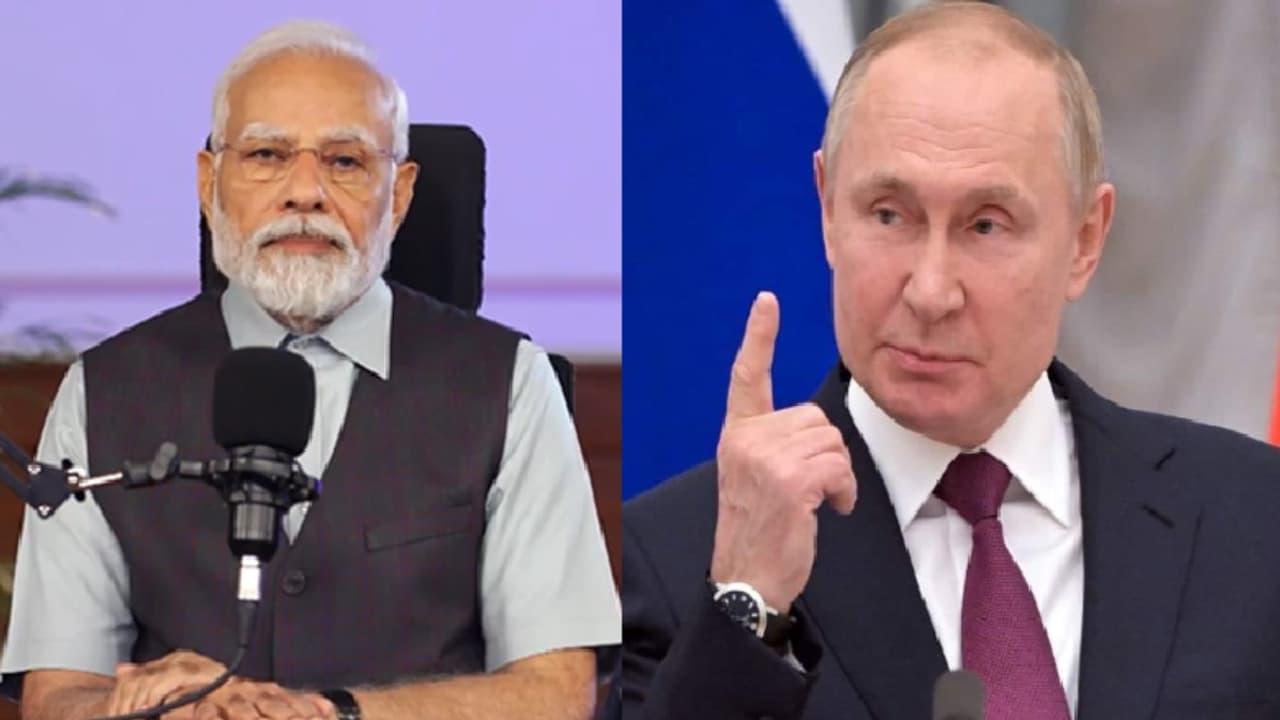India opposes unilateral sanctions, yet US secondary sanctions on Russian oil giants could sharply impact Indian imports.
India has long opposed unilateral sanctions, but in practice, it has often complied when the United States imposed restrictions on oil trade. This happened with Iran, later with Venezuela, and now the same challenge looms over Russian crude. The latest sanctions on Rosneft and Lukoil, two of Russia’s largest energy companies, have placed Indian refiners in a difficult position.
The issue is not just about primary sanctions, which restrict American citizens and companies from dealing with targeted entities. The real concern lies in secondary sanctions, which extend the pressure to other countries like India. These measures threaten to cut off access to the US financial system for any foreign entity continuing business with sanctioned companies.
Scroll to load tweet…
What Are Secondary Sanctions And Why They Matter
Secondary sanctions are designed to prevent third parties from bypassing primary restrictions. They effectively act as force multipliers, discouraging global companies from engaging with sanctioned entities. While their extraterritorial nature raises questions under international law, their impact is undeniable.
The dominance of the US dollar in global trade and the centrality of American financial markets mean that no major international business can afford to be excluded. For Indian refiners, this dependence is particularly acute. Almost all crude purchases are dollar-denominated, and payments to suppliers, shipping firms, and insurers also rely on the American banking system. Losing access would severely disrupt operations.
India’s refiners, both public sector companies and private players like Reliance Industries (RIL), have deep exposure to the US. They raise funds overseas, maintain subsidiaries in America, and rely on partnerships with US technology and energy firms. RIL alone accounts for nearly half of India’s Russian oil imports and has significant investments and alliances with American corporations.
Given this exposure, it is unlikely that Indian refiners would risk secondary sanctions. Industry executives acknowledge that even the threat of such measures is enough to force caution. Banks and insurers, too, are expected to avoid transactions linked to sanctioned Russian companies.
Impact On India’s Russian Oil Imports

So far in 2025, Russian crude has accounted for over 35 percent of India’s total oil imports. More than two-thirds of this supply comes from Rosneft and Lukoil. With both companies now under sanctions, Indian refiners face a sharp reduction in available volumes.
Industry insiders suggest that discounted Russian crude purchases could fall significantly in the near term. Government-owned refiners are already reviewing compliance risks, while RIL has indicated it will fully adhere to official guidance. The immediate effect is likely to be a steep drop in imports, even though Russian oil itself is not directly sanctioned.
Some refiners may attempt to source Russian-origin crude through third-party traders not yet targeted by sanctions. However, experts believe these trades will also decline, as companies grow wary of indirect exposure. If the US intensifies its efforts, such traders could quickly be added to the sanctions list, further tightening the squeeze.
The Indian government has reiterated its position that it will buy oil from wherever it gets the best deal, provided the supplies are not under sanctions. Yet the reality is that sanctions on Rosneft and Lukoil, which together account for more than half of Russia’s oil output and exports, could choke India’s access regardless of official policy.
For India, the challenge is balancing its energy security with the risks of losing access to the US financial system. Refiners cannot afford disruptions in dollar payments or overseas funding. With banks and insurers already cautious, the likelihood of reduced Russian imports is high.
While India may continue to explore discounted crude opportunities, the threat of secondary sanctions ensures that refiners and banks will tread carefully. The outcome is clear, despite opposing unilateral sanctions in principle, India’s oil trade will once again be shaped by American financial power.
